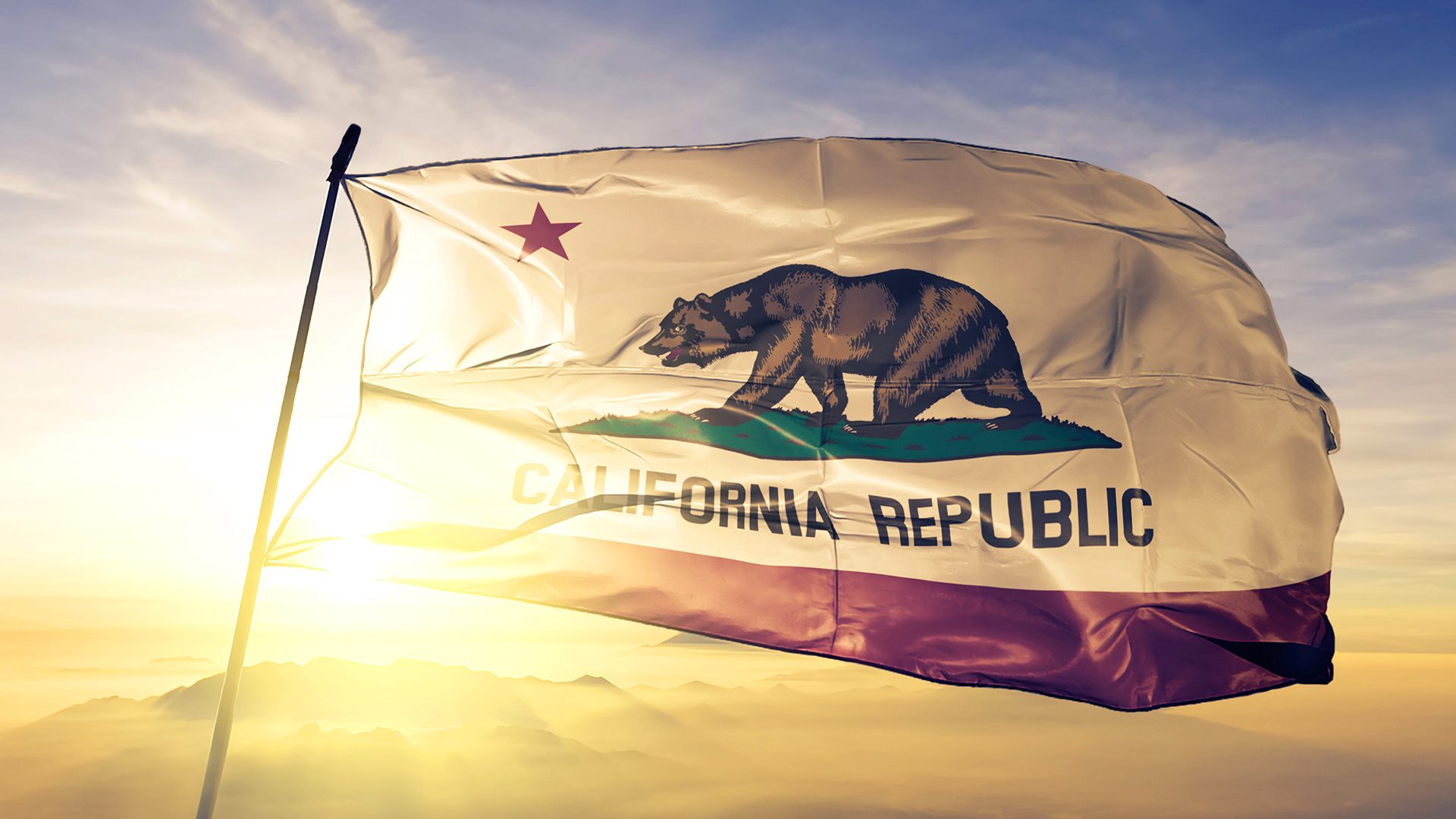In response to FAQs on March 10 and then on March 26, Cal/OSHA clarified an employer's obligation to provide compensation to asymptomatic employees excluded from work because of their exposure to a COVID-19 case at work. Section 3205(c)(10)(C) of the Emergency Temporary COVID-19 Standard states that, for excluded employees, "employers shall continue and maintain an employee's earnings, seniority, and all other employee rights and benefits, including the employee's right to their former job status, as if the employee had not been removed from their job." Excluded employees who do not contract COVID-19 and do not develop any symptoms must be excluded from the workplace for up to 10 days. Among other things, the new guidance from Cal/OSHA makes clear that exclusion pay is not required when the employee's own COVID-19 symptoms prevent her from working (though the employee may be eligible for the new COVID-19 supplemental paid sick leave). And, employers may require employees to use COVID-19 supplemental paid sick leave pay in lieu of providing exclusion pay.



